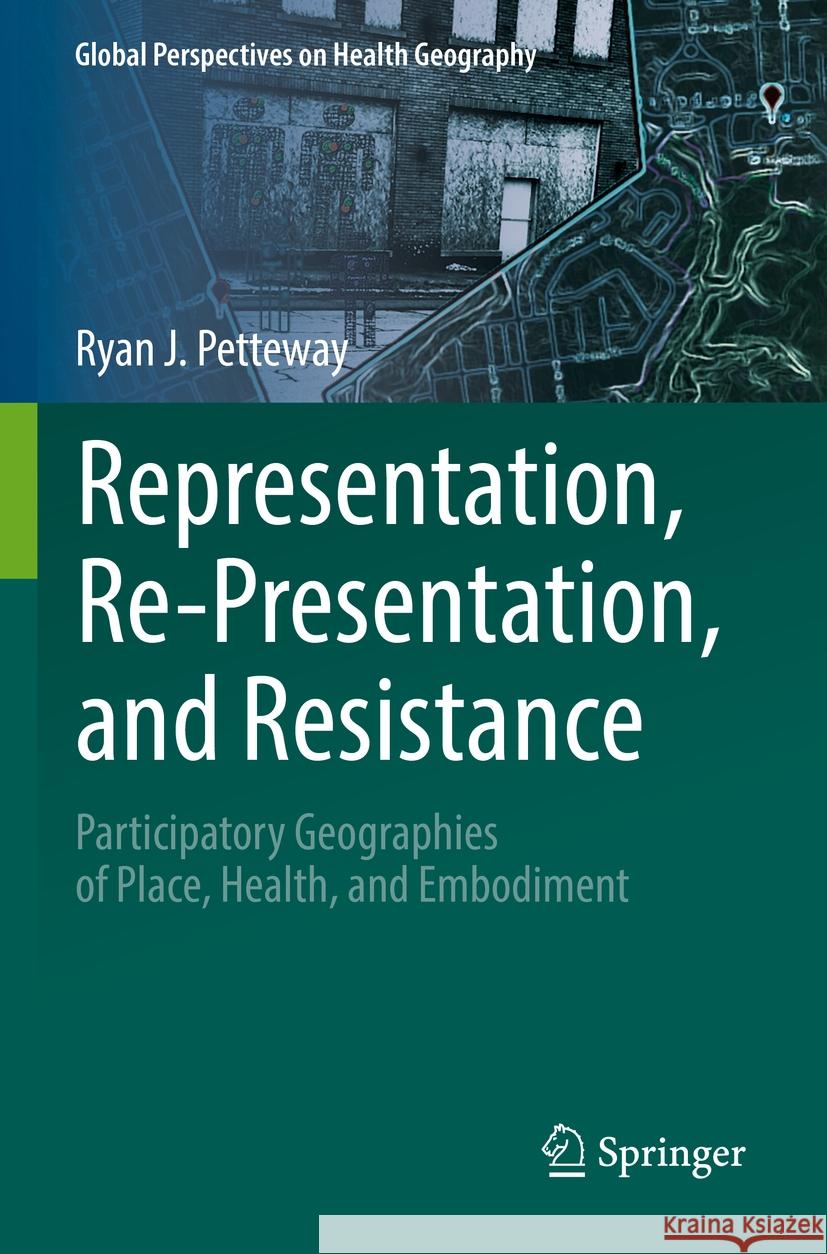Representation, Re-Presentation, and Resistance » książka
Representation, Re-Presentation, and Resistance
ISBN-13: 9783031061431 / Angielski / Miękka / 2023
Representation, Re-Presentation, and Resistance
ISBN-13: 9783031061431 / Angielski / Miękka / 2023
(netto: 383,36 VAT: 5%)
Najniższa cena z 30 dni: 385,52
ok. 16-18 dni roboczych.
Darmowa dostawa!
This book draws on the author's ten years of participatory work to examine core themes of (mis)representation, re-presentation, and resistance within place-health research and practice. The book includes practice- and research-based projects with implications and applications for practitioners (e.g. local health department epidemiologists) and academics, introducing readers to an array of new and mixed-methods within place-health research. It also introduces new conceptual and analytical place-health frameworks that more explicitly account for power—both within place making, unmaking, and remaking processes, and within the (re)production of place-health knowledges. Across six chapters, the author reports and reflects on a selection of research projects, raising key considerations in regard to place-health (mis)representation, and highlighting the value of participatory methods and processes in re-presenting—and decolonizing—spatial narratives of health. This includes an emphasis on the integration of community-based participatory research (CBPR) principles with the technological and procedural affordances of information and communication technologies (ICTs). With each chapter drawing from CBPR, decolonizing, social epidemiology, health geography, Black feminist, and critical theory orientations, the book offers an integrated call and framing for a critical examination of how geographies of “place” and health—and narratives/stories therein—are constructed, and perhaps might be de/re-constructed through inclusive and equitable research practices that center community and offer a mode of resistance for the production of place-health counternarratives. The book is intended for academic researchers and practitioners in public health and health geography fields, particularly those whose work engages social epidemiology, urban planning, and aspects of community development, and will also appeal to researchers and practitioners who use participatory, community-inclusive methods and processes in their work, especially as related to community mapping.











